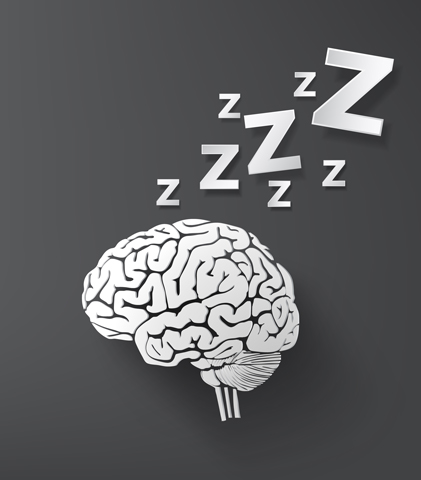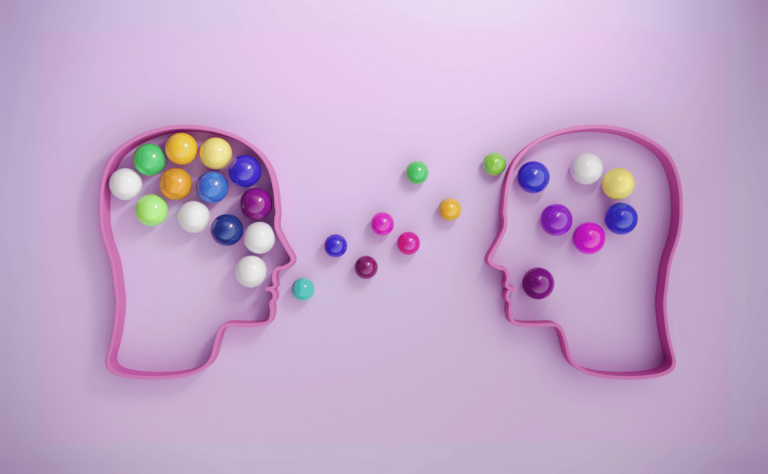5 Reasons Why Spiritual and Material Progress Must Go Together
In his travels through Europe and North America just over a century ago, Abdu’l-Baha spoke continuously of the future society that the practice of Baha’u’llah’s teachings would make possible. He said that commerce, infrastructure, technology, and wealth could not lead, on their own, to a flourishing civilization. Abdu’l-Baha emphasized this key theme: that material progress must be accompanied by the inner life of the soul and the spiritual quality of social relations:
For man two wings are necessary. One wing is physical power and material civilization; the other is spiritual power and divine civilization. With one wing only, flight is impossible. Two wings are essential. Therefore, no matter how much material civilization advances, it cannot attain to perfection except through the uplift of spiritual civilization. – Abdu’l-Baha, The Promulgation of Universal Peace. p. 12.
Though focusing on the inner life to the detriment of material development is just as regrettable, Abdu’l-Baha more often emphasized for his listeners the importance of life’s spiritual dimension. He delivered many of the talks on this theme in some of the wealthiest and most technologically advanced cities in human history. In the century that followed, nearly every country on Earth has followed a path of economic development traced earlier by western cities like London, Paris, and New York. As a result, a narrow focus on industrialization, technology, and mass-market consumerism as the means to individual and collective well-being has become deeply rooted in every corner of human society.
The concept Abdu’l-Baha explained, simple enough in its outline, requires extra thought to see how it sheds light on the many challenges of our time–and illuminates a path toward to a better society. In this short series of essays, I’ve selected five broad themes that illustrate the importance of pursuing spiritual and material development simultaneously and in concert with each other. I’ve mainly focused on correcting for the world’s general neglect of the spiritual dimension, because in recent decades the global community has generally moved in a very materialistic direction. Nonetheless, in some places and contexts it may be more important to correct for an under-emphasis on science and the use of material means. Today, I share the first reason:
1. Material wealth can make people less happy, not more, if they have enough of it already.
Most people share the common understanding that happiness comes from material possessions. The faultiness of this thinking perhaps best reveals itself when we acknowledge the real suffering experienced by those who seem to have it all. In recent years many researchers and social commentators have begun to speak of affluenza, a condition that combines the words affluence and influenza. Though not a disease in a physical or psychological sense, affluenza involves a set of personal problems derived from the lifestyles of the very rich. This article overviews some of the scientific research that has been done on the topic. It can cause higher-than-average rates of depression and addiction, persistent anxiety about status and reputation, or emotional fragility in the face of even mild hardship. For many, the constant acquisition of new possessions becomes a source of pleasure itself, and a strain on their otherwise robust finances. And the more possessions a person has, the more time he or she has to spend cleaning, guarding, maintaining and finding some place to store them. All these material burdens add unnecessary stress to the lives of the wealthy.
Studies show that material wealth contributes to happiness so long as it solves definite personal problems associated with poverty, like malnutrition, homelessness, physical exhaustion, or disease. But once those are solved, wealth becomes less and less efficient at making people happy. For people who are grounded in some body of spiritual teachings, the reason for this seems clear enough. Happiness is an inner condition. Until we get our spiritual house in order, there won’t be much joy or contentment. The spiritual and material bases for human happiness both need to be energetically pursued to make our lives better.
Baha’u’llah, who was himself born into outstanding affluence, wrote frequently about the connection between wealth and spirituality. In this passage from The Hidden Words he warns that riches can withhold someone from communion with God; and at the same time avoids reducing that person’s spiritual condition to the quantity of his or her possessions:
O ye that pride yourselves on mortal riches! Know ye in truth that wealth is a mighty barrier between the seeker and his desire, the lover and his beloved. The rich, but for a few, shall in no wise attain the court of His presence nor enter the city of content and resignation. Well is it then with him, who, being rich, is not hindered by his riches from the eternal kingdom, nor deprived by them of imperishable dominion. By the Most Great Name! The splendor of such a wealthy man shall illuminate the dwellers of heaven even as the sun enlightens the people of the earth! – Baha’u’llah, The Hidden Words, p. 41.
Human happiness cannot be evaluated using economic factors alone. A more comprehensive approach to happiness must also give weight to cultural practices that nurture the soul’s ability to radiate joy and contentment.
Source link




































